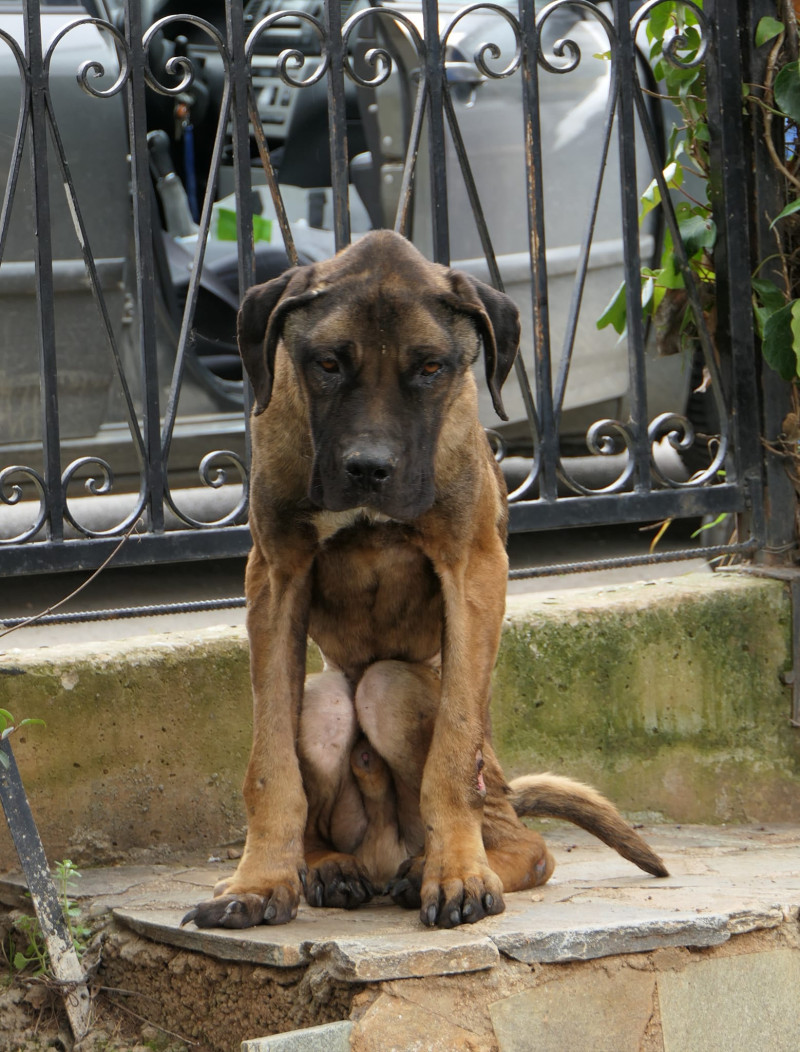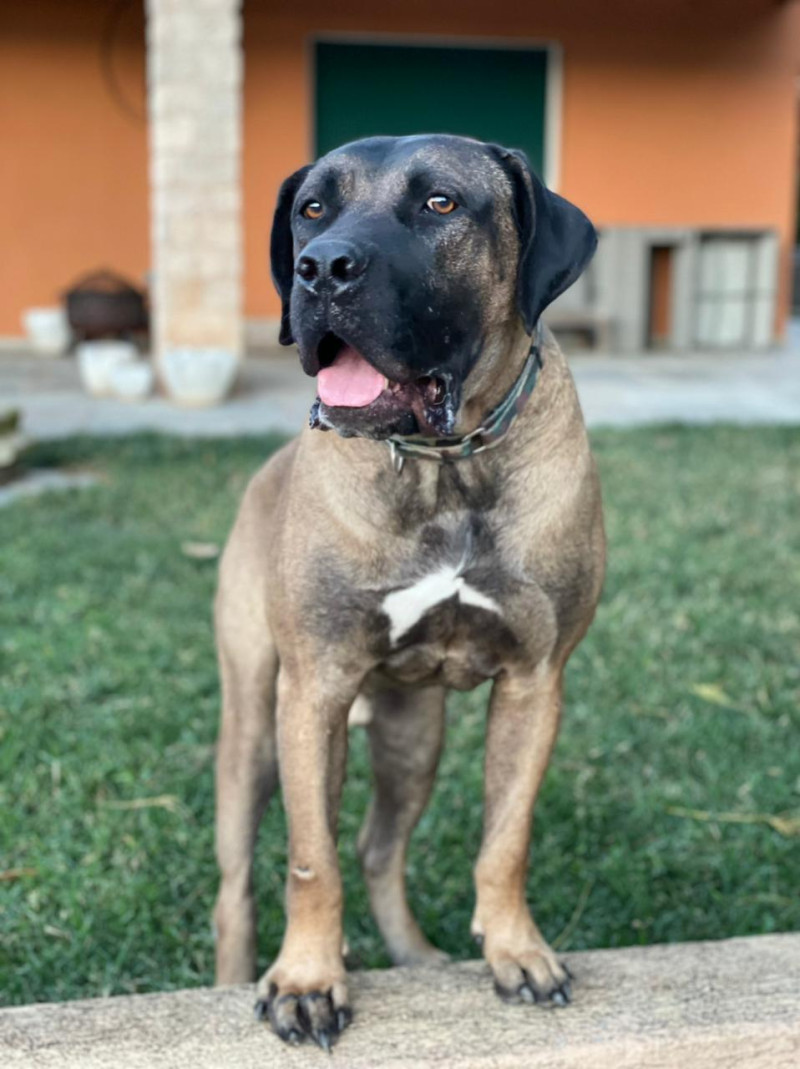Erietta Kourkoulou Latsis is founder and president of “Save a Greek Stray” – through her action, she is looking at the lack of application of laws
By Marina Charalambous
Erietta Kourkoulou Latsi is Founder and President of “Save a Greek Stray”. She devotes her life to the protection of stray animals and does not hesitate to highlight the systematic weaknesses of the state and local government on this issue.
Through her action, she opens the lack of application of laws, stressing how impunity perpetuates animal abuse. But he also shares moving stories, such as that of Dog Nikos from the Sparta Kinoma, who was in a miserable state but managed to survive!
The solution is in prevention and sterilization As she explains, while calling on society to cease to see the problem as “someone else’s affair”, but to act with simple, daily movements of solidarity with strangers.
– Your action to protect stray animals is particularly important and inspires many people. What are the biggest challenges you face and how can we all contribute more actively?
Our action for strangers is full of challenges. Resources are limited, the needs of huge, and indifference, both by the state and a large part of society, heartbreaking. But a very serious problem is the municipalities and municipal officials who remain in the untouched. Their government allows them to commit crimes against the animals without being accountable. No one controls them, no one punches them, not even the state itself. This impunity perpetuates the problem, leaving thousands of souls to suffer helpless.
But the most important thing is not to consider the problem, the problem of “someone else”. Don’t give up. And we believe everyone can help. With a simple move: a sterilization, a temporary hospitality, a responsible adoption. But even more so: a little food, a little water outside our door. When a man is really interested, the difference seems.
– What is the most moving story of stray animal you have encountered through your actions, and how did you personally influence you?
One of the most moving stories I have lived in is that of Nikos, a dog from the Sparta Municipal Kukitry. A place that has been working as a warehouse of living creatures for years. The animals were stacked without food, without water, without protection from the weather. This was the way the Municipality of Sparta was “tackling” the issue of strangers.
Nikos was one of the many dogs found there. When we found him, he was in a very bad condition, suffering, malnourished, exhausted, almost dead. We took him right away and started taking care of him. It was not easy, it took time, patience, medical support and love. Slowly he began to stand on his feet again.
Nikos found a family who loves him and gave him the house he never had. This is a story that reminds us of why we do what we do and gives us the strength to continue.
– On the occasion of World Stray Day, what is your message to society?
The message to society is simple and clear: Sterile your animals. It is the most responsible act one can do to really help. No other animals are born to be born just to end up observed, abused or die on the streets. The problem of overcrowding is not solved by meditation and cannons. It is solved by prevention. It is not a matter of philanthropy, it is a matter of culture. And World Stray Day is an opportunity to remember it.
– Do you think the situation of stray animals in our country has improved in recent years?
The situation with stray animals has shown some signs of improvement in recent years, but mainly thanks to the efforts of volunteers, animal groups and individual citizens. The overall picture has not changed. The problem remains severe, and in many cases worsens.
– What are the main reasons we continue to have so many strangers on the streets?
The reasons are specific and well known. The lack of control, the unconscious owners who leave animals, the lack of municipalities and the incomplete application of the law keep the problem alive. The law does not apply. Those who do not comply, are rarely controlled or punished. No system can work like that.
– What is the responsibilities of the state to the issue of strangers and do you think it does enough? Are the penalties for abuse and abandonment of animals sufficient?
The state has a clear responsibility. The legislation in Greece has been tightened in recent years and, in theory, covers a wide range of violations. The problem, however, is not what the law says, but how it is applied.
There are insufficient audit mechanisms and in particular we are referring to the profile of the people who make up the control groups. They are not sufficiently trained, they do not have the necessary knowledge, some do not even have the will and sensitivity to protect animals. Particularly in the province, the competent authorities often serve the interests of each municipal administration due to personal or political relations.
If there is no serious and systematic effort by the state, with education, controls, accountability and political pressure on municipalities, nothing will change.
Source: Skai
I have worked as a journalist for over 10 years, and my work has been featured on many different news websites. I am also an author, and my work has been published in several books. I specialize in opinion writing, and I often write about current events and controversial topics. I am a very well-rounded writer, and I have a lot of experience in different areas of journalism. I am a very hard worker, and I am always willing to put in the extra effort to get the job done.













